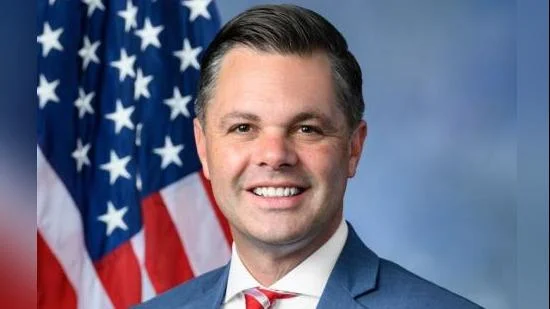U.S. Rep. Zach Nunn Representative for Iowa's 3rd District | Official U.S. House headshot
U.S. Rep. Zach Nunn Representative for Iowa's 3rd District | Official U.S. House headshot
The U.S. House of Representatives has approved the Stop Chinese Fentanyl Act, a bill designed to allow the government to impose sanctions on Chinese individuals and organizations involved in the production, sale, financing, or transportation of synthetic opioids such as fentanyl. The legislation was introduced by Representatives Zach Nunn (IA-03), Andy Barr (KY-06), and Greg Murphy (NC-03). The bill passed with strong bipartisan support, receiving a vote of 407-4.
“Fentanyl is the leading cause of death for people my age down to my college daughter’s age,” said Rep. Nunn. “The Chinese Communist Party continues to turn a blind eye as its entities fuel the fentanyl crisis. I’m proud to pass this bill to hold bad actors accountable, whether they are across our border or across the globe.”
According to data from U.S. Customs and Border Protection, more than 20,000 pounds of fentanyl were seized at the Southern Border in 2023. This amount is enough to be fatal for billions of people if distributed widely. Although China officially banned fentanyl exports in 2019, many Chinese entities still produce precursor chemicals essential for making fentanyl and other synthetic opioids.
“The Chinese Communist Party has played a key part in the deadly fentanyl crisis plaguing Kentucky and our entire country — from manufacturing fentanyl in China to laundering the products through the cartels and into the country,” said Congressman Barr. “President Trump is securing our border after the chaos of the last four years under Joe Biden and border Czar Kamala Harris. The STOP Chinese Fentanyl Act will help President Trump and his team clean up the border by exerting maximum financial pain on the Chinese producers of this deadly drug.”
The Stop Chinese Fentanyl Act updates existing sanctions law related to fentanyl production and distribution. The measure now moves forward for consideration in the U.S. Senate.




 Alerts Sign-up
Alerts Sign-up